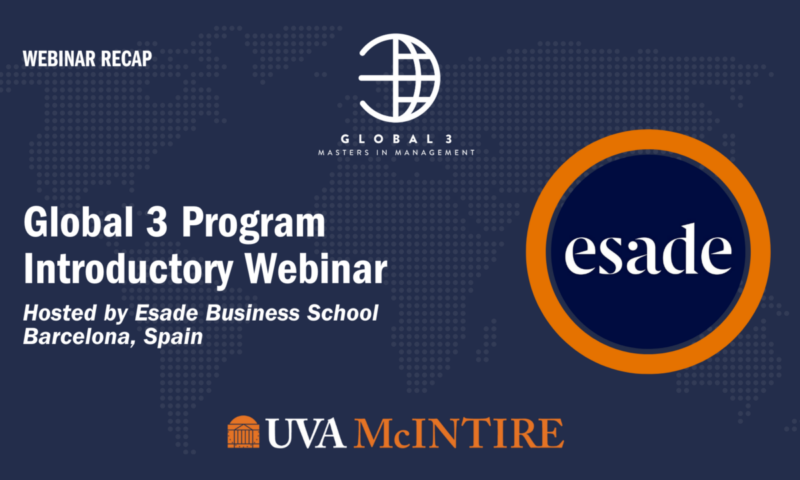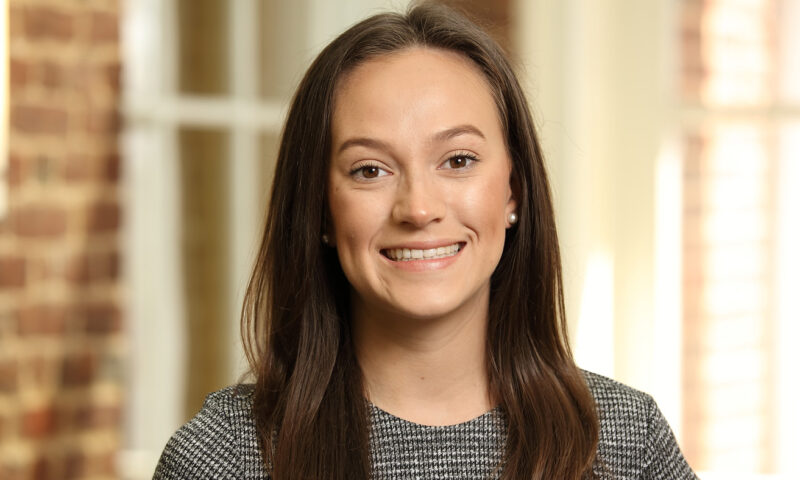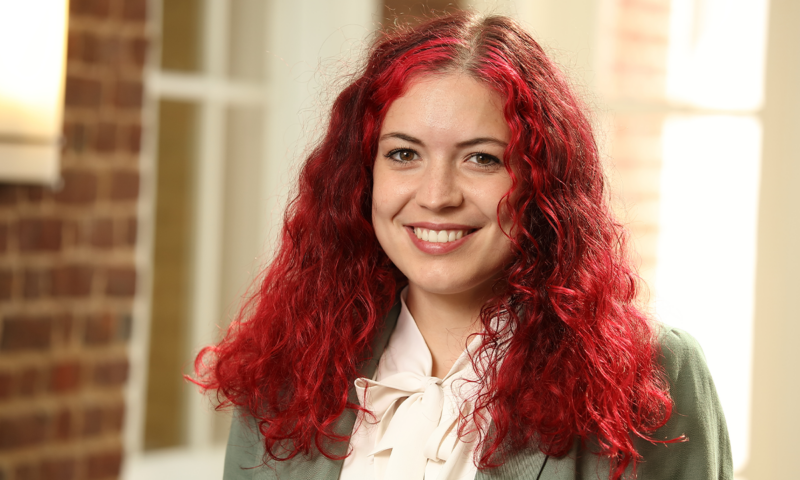The following is an excerpt from a WeChat group conversation that took place during the research process of our project for last semester’s class, “Doing Business in China”:
“Hey team! I was working on our research document and was wondering if I could get some help on the section relating to the SWOT (Strength, Weakness, Opportunities Threats Model) of Aldi’s supermarket.” —German team member
“Of course. Which part did you need help with? I can work on it in 2 hours.”—American team member
“Hey – when I did the SWOT on Aldi’s competitor, Costco, we did two SWOTs based off of their home market and the China market. Maybe that helps?” —Chinese team member
“Yes. That’s exactly what I was struggling with—I need help with market research in China. I can do the market research for Aldi in the German market. Thank you.” —German team member
This is part of just one conversation about one small snag in the research process on a larger project. Resolving a problem among three team members across three different time zones took about two days because of everyone’s different sleeping times. With the spread of the coronavirus resulting in our cohort being separated, it’s a challenge that none of us expected to face, but nonetheless, face it we must. Of course, we’ve learned tricks along the way to make things easier: stating times in hours versus what the clock reads (I’ll be able to help in 2 hours rather than I’ll be able to help at 2 p.m. U.S. time), asking precise questions, and sharing a sense of urgency among team members. All these things can make the group work process just slightly easier. After all, for some classes, we are in groups with people in six different time zones around the world.
Although it isn’t the most efficient way to work, it’s been a great learning opportunity for all of us hoping to someday work for multinational companies, where working successfully across time zones and borders is critical to a company’s success. Even though none of us wanted to leave China early, and some have chosen to return home from Spain early (some did not go at all and some chose to stay), it’s a really good practice for what we’ll be seeing in the business world.
We know that we aren’t alone in this journey. Everyone around the world has experienced a drastic shift, and we’ve all taken turns feeling overwhelmed and uncertain. It’s been interesting to see what we’re trying to achieve through this degree on a microscale—that is, global cooperation for a common good—being played out on a global level. Yes, we’ve seen scary and uncertain times, but we’ve also seen the very best of humanity and some inspiring balcony singing.
The other reality is that everyone is experiencing the COVID-19 epidemic in different ways. We were there in China when the virus first became a global issue, and we started our coursework at Esade in Barcelona when Europe became the new epicenter. With the unpredictability of the virus, UVA, Lingnan, and Esade acted quickly in both China and Spain and made decisions for the health of the cohort resulting in distance learning. Thankfully, as of now, we are all well and safe. As a whole, we feel extremely fortunate. We’re holding out hope that we can see one another just one last time—maybe for graduation and thesis defense at the end of the program, but we know this is unlikely.
Truthfully, many of us feel quite a bit of guilt over the entire situation. We are a micro-example of the problem, people traveling across borders perhaps without enough caution. This is why most of us intend to stay home for the foreseeable future. That, and the fact that most of us are located in places in either lockdown or “shelter-in-place” ordinances.
We don’t know the answers. We’re by no means the experts in this. We’ve got our specific experiences in multiple different epicenters of the outbreak. We have cancellations and calls for flexibility. We’ve certainly gained more than we’ve lost in the way of crisis management, collective and individual decision-making, and bonds to one another.
But one thing is for sure—we are truly an interconnected world. And only a global response is going to solve this, which means working as a global community in our respective locations around the world.




